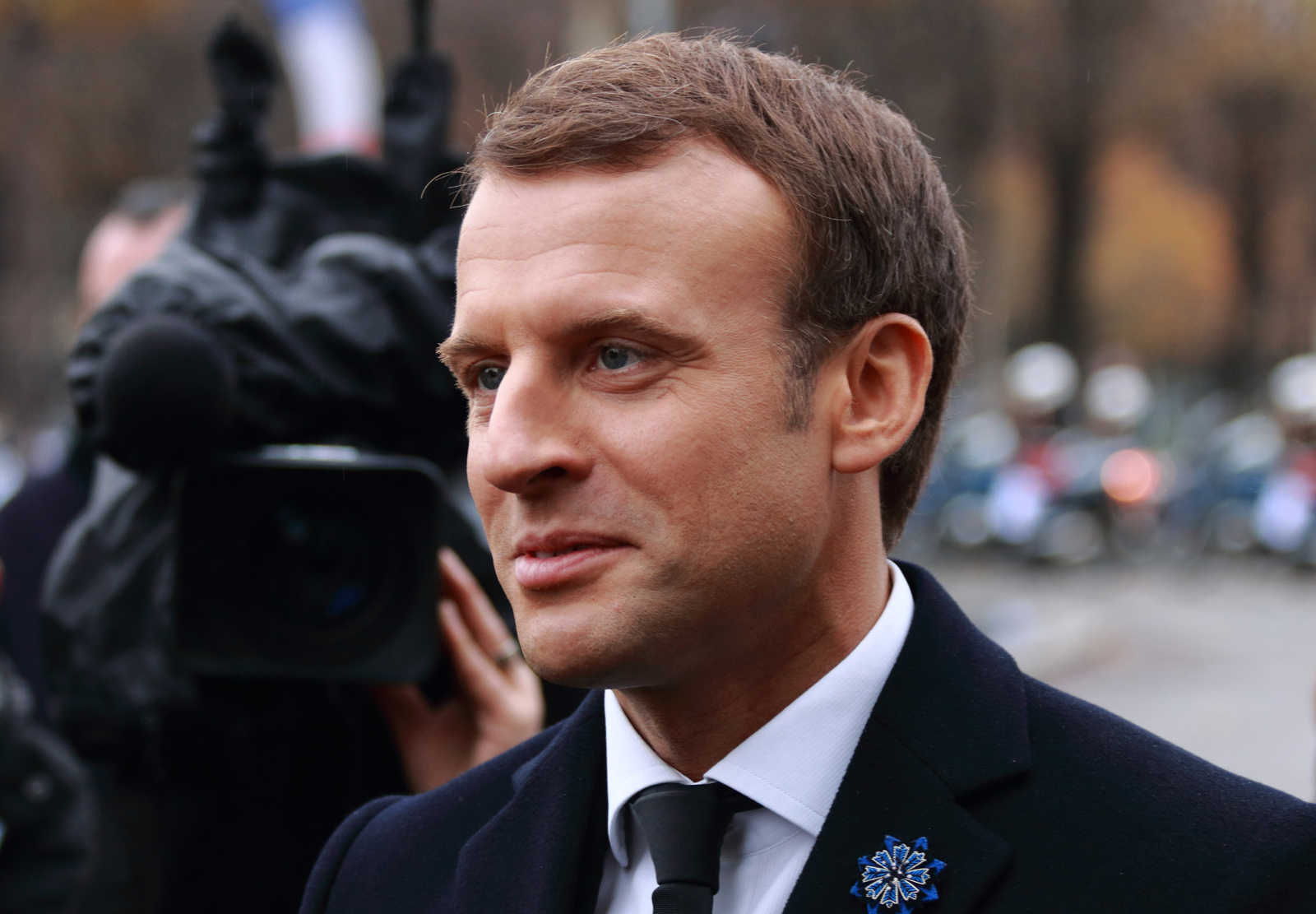PARIS (Transatlantic Today) – Emmanuel Macron performed significantly better than predicted during the first phase of the French presidential election on Sunday, but the outcomes were not unanticipated. Macron will face far-right candidate Marine Le Pen in the 2nd round coming Sunday, just as he did 5 years ago. However, the results reinforced two alarming tendencies in French democracy that had already emerged – and which are also seen to some degree through most of continental Europe.
ALSO READ: How French Presidential Election Could Impact Ukraine Conflict
The first one is a realignment of politics aside from a split point dividing right and left and toward populism and “radical” centralism. Both the center-right and center-left Socialist Les Républicains nominees earned just under 5% of the vote, the lowest percentage of votes ever received by any of these parties. Both Le Pen and Macron regard themselves as “beyond right and left” — that is, despite their desire for us to perceive them as diametrically opposed, they essentially mirror one other. This realignment is terrible from a democratic standpoint.
The 2nd trend is France’s seemingly unstoppable growth of the far right. It’s not simply that Le Pen and her far-right opponent Éric Zemmour received 30% of the votes, more than Macron. It’s also how the extreme right has dominated French politics in general over the last 5 years, as seen by the fact that even center-right contenders like Valérie Pécresse embraced far-right cliches like the concept of a “great replacement” throughout the campaign.
The far-left Eurosceptic head of La France Insoumise, Jean-Luc Mélenchon, received 22 percent of the votes in the first round, up from 20 percent in 2017 and just 1 percent less than Le Pen. His victory demonstrates that, despite the growth of the extreme right, France’s left remains powerful, even if it has strayed aside from the Socialist Party, whose nominee, Paris mayor Anne Hidalgo, received just under 2% of the vote. In other terms, France’s left has become mostly Eurosceptic.
In essence, Macron’s re-election effort may be viewed as the final gasp of French center-left pro-Europeanism. It may come as a shock to witness Macron, who has been dubbed “the president of the wealthy,” characterized as center-left. He was, however, a minister in François Hollande’s cabinet, the very last Socialist president. We can assess how Macron signals the end of an era by focusing on the broader course of the French center-left as well as its ties with the European Union.
As François Mitterrand got elected as president of France in 1981, amidst mounting unemployment and inflation, he pledged state-led development as a solution to the country’s economic challenges. After financial markets exerted stress on the French franc, he was compelled to do a U-turn 2 years later. The French center-left came to the conclusion that national-level social democratic fiscal plans were no longer practicable. France had to choose between Europe and its decline, as his minister of finance, Jacques Delors, phrased it.
The dilemma with this pro-European tactic had always been Germany, or rather, France’s incapability to convince Germany to follow a centrist economic policy, particularly after the formation of the European common currency, which institutionalized German priorities by restricting governments’ borrowing and spending powers. Following the onset of the eurozone crisis in 2010, Nicolas Sarkozy and later Hollande attempted – and failed – to push Germany to relax the eurozone’s budgetary rules.
Macron made a final attempt to persuade Germany to make concessions once he became president in 2017. He advocated “a Europe that protects,” wherein the eurozone is changed to shield citizens from market forces. To win trust in Berlin, he implemented challenging labor market changes. Despite the fact that several in Germany were alarmed by Le Pen’s performance in the national election and recognized that Germany would need Macron to win, Merkel dismissed Macron’s suggestions for a greater redistributive EU.
The Covid pandemic in 2020, according to “pro-Europeans,” was a game-changer. They perceive a leap in the formation of a €750 billion recovery fund, which many, like German chancellor Olaf Scholz, then the Merkel administration’s minister of finance, have dubbed the EU’s “Hamiltonian moment.” However, while the recovery fund minimized the economic consequences of the pandemic, it failed to fix the eurozone’s existing macroeconomic imbalances.
In any event, it does not appear that these occurrences have slowed the rise of Euroscepticism in France. As per the recent Eurobarometer statistics released this week, just 32% of French citizens trust the EU, the lowest proportion of any member country. However, amid criticism from the extreme right, Macron has reimagined “a Europe that protects” in context of cultural protection rather than financial protection, concluding his transition from the center-left to the center-right.
Unlike in 2017, many of those in France are concerned that Le Pen may win this time, particularly if a large proportion of Mélenchon supporters abstain in the next round. However, even if Macron is elected, he would confront the same issues as before. It is challenging to imagine whether he would be capable of doing anything on the economic concerns that are important to French voters unless the EU’s budgetary regulations are modified.
Mélenchon, like Le Pen, has dialed down his Euroscepticism; they often speak of reforming the EU from inside rather than quitting it, but others fear this may make it even more unstable. Whether Macron stays in office for another 5 years or not, future left-wing French presidents are expected to be less pro-European – and much more confrontational with Germany – than any of their predecessors.


























